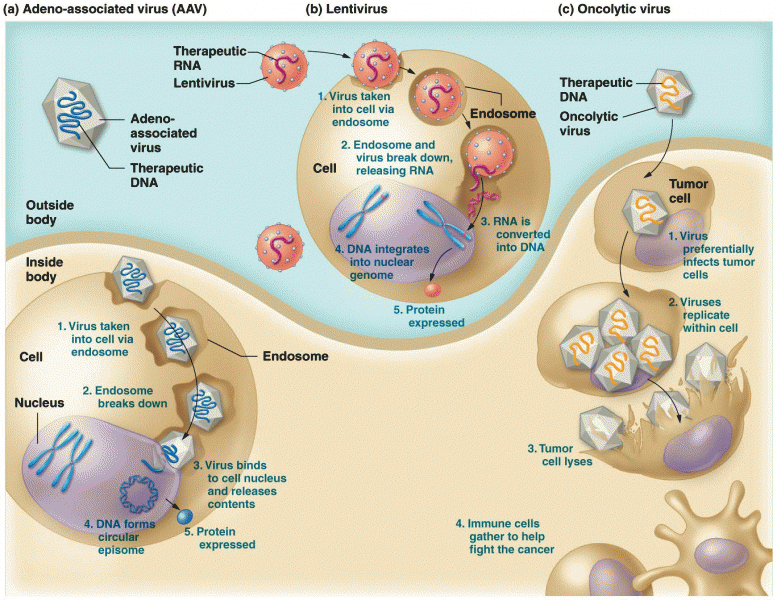This topic contains a solution. Click here to go to the answer
|
|
|
Did you know?
Signs and symptoms of a drug overdose include losing consciousness, fever or sweating, breathing problems, abnormal pulse, and changes in skin color.
Did you know?
Asthma cases in Americans are about 75% higher today than they were in 1980.
Did you know?
More than 4.4billion prescriptions were dispensed within the United States in 2016.
Did you know?
Hip fractures are the most serious consequences of osteoporosis. The incidence of hip fractures increases with each decade among patients in their 60s to patients in their 90s for both women and men of all populations. Men and women older than 80 years of age show the highest incidence of hip fractures.
Did you know?
More than 34,000 trademarked medication names and more than 10,000 generic medication names are in use in the United States.







